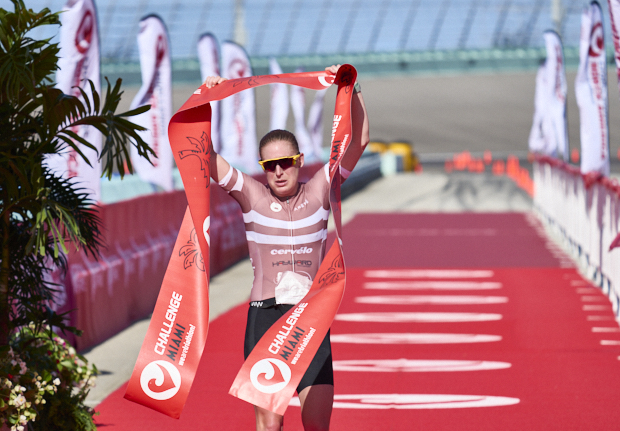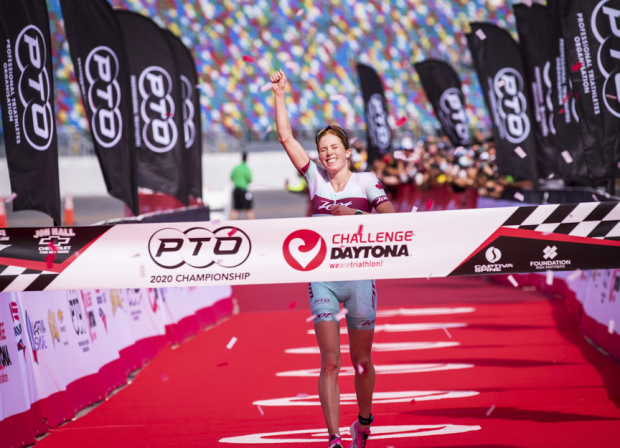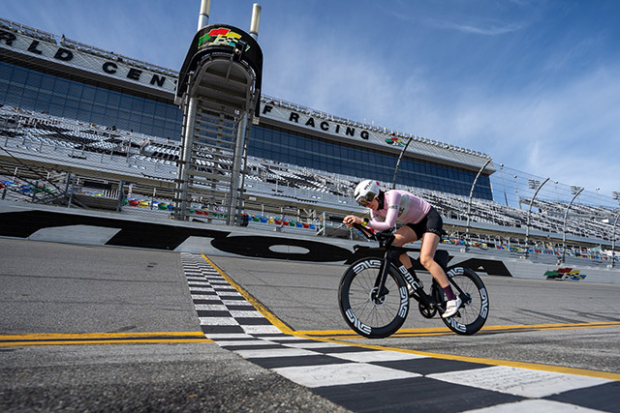The Curious Case of CLASH Endurance
For most triathletes, 2020 was a lost cause. Most major races were cancelled due to the COVID-19 pandemic. The lone bright spot, at least from a professional athlete perspective, was the PTO Championships held at Challenge Daytona. Between the sizable prize purse, live coverage and a recap airing on NBC, and outstanding racing, it showed that there was great potential for using speedways as a host for events. The momentum continued with another high-quality event at Challenge Miami, using Homestead-Miami Speedway as their home. Looped courses, live video, and an established brand, all coming together. It looked like Challenge, after fits and starts in North America, was finally going to crack into this market.
And now they've re-branded.
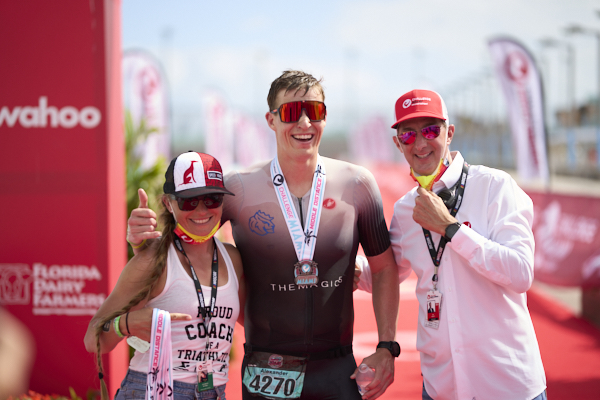
As of two weeks ago, Challenge North America is no more. They're now known as CLASH Endurance, with their first event under the new banner going to be CLASH Daytona. So, with all that momentum being generated, why would they re-brand the events?
According to Philip Lahaye, Executive Vice President of strategic initiatives at CLASH, to borrow the phrase from Rage Against the Machine: "What better place than here? What better time than now?"
"If we're going to grow, and expand, now was the time to do so. We're looking to go from two events to ten events over the next two years," said Lahaye in a phone call last week. "And as we identified locations that were the most viable for events, they weren't necessarily triathlons."
And that brought about, pardon the pun, the challenge. Challenge is a well established triathlon brand. And that's just not the direction that CLASH was needing to go in, given their ties to NASCAR (CEO of CLASH Endurance Bill Christy's wife, Lesa France Kennedy, is the executive vice chair of NASCAR). "The question we ask ourselves is 'how do we create the best endurance event experience we can in the best venues in the world,'" said Lahaye.
For example, take Atlanta Motor Speedway. Atlanta has a massive endurance sports community. But Atlanta also has a problem relative to some other venues: where do you swim? It's not like Miami, or Daytona, where there are infield ponds. But what Atlanta Motor Speedway does have nearby is excellent mountain biking and trail running. So, for their event there in 2022, look to have a relay-esque experience.
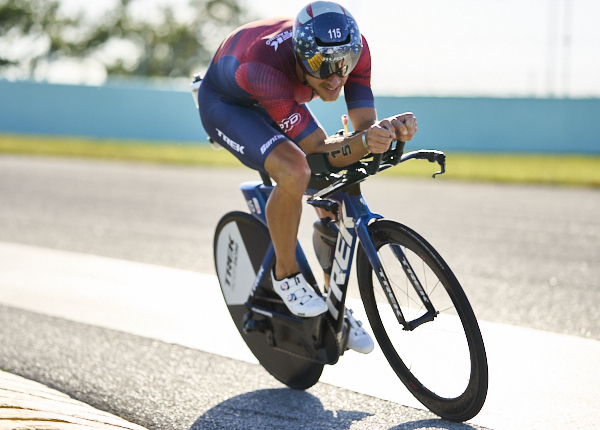
It'll also apply to a forthcoming event at Watkins Glen — although there's swimmable water nearby, it's not nearly as easy to put on a "traditional" middle distance race. Instead, that race will feature, much like the professional race at Daytona did, a 50 mile bike and 10 mile run, as well as running exclusive events. We've seen this work with other events offering either multiple disciplines or distances throughout the course of a weekend. Perhaps the most successful of these are the runDisney events that offer everything from a 5K to marathon over the course of four days (and for some, they'll run all of those events in the four days). But whether that will work in multisport events is yet to be seen.
For now, though, CLASH remains amicable with both Challenge and the PTO. Athletes can use the middle distance events at CLASH Endurance events to qualify for Challenge's championship event, and CLASH will contribute to that championship's prize purse. However, the CLASH team is also quick to point out that neither Challenge nor the PTO provided logistical support for their events; instead, the CLASH team licensed the Challenge name and otherwise produced the events themselves.
The elephant in the room, of course, is whether the model is sustainable. The sport has seen big money come in, expand series, and then leave. Think, for instance, the number of now-defunct IRONMAN events following Providence Equity Partners leaving, or how Rev3 tried to go from 5 to 10 events in a year, only to contract significantly two years later. Lahaye was coy in his answer: "the beauty of our conversations is that they're not tied to financials. Instead, it's about 'let's get this right.'" He laughed, and said "I know I'm not answering your question."
But the answer speaks volumes: they're focused on getting the athlete experience right. And that, on its own, can build a brand.


